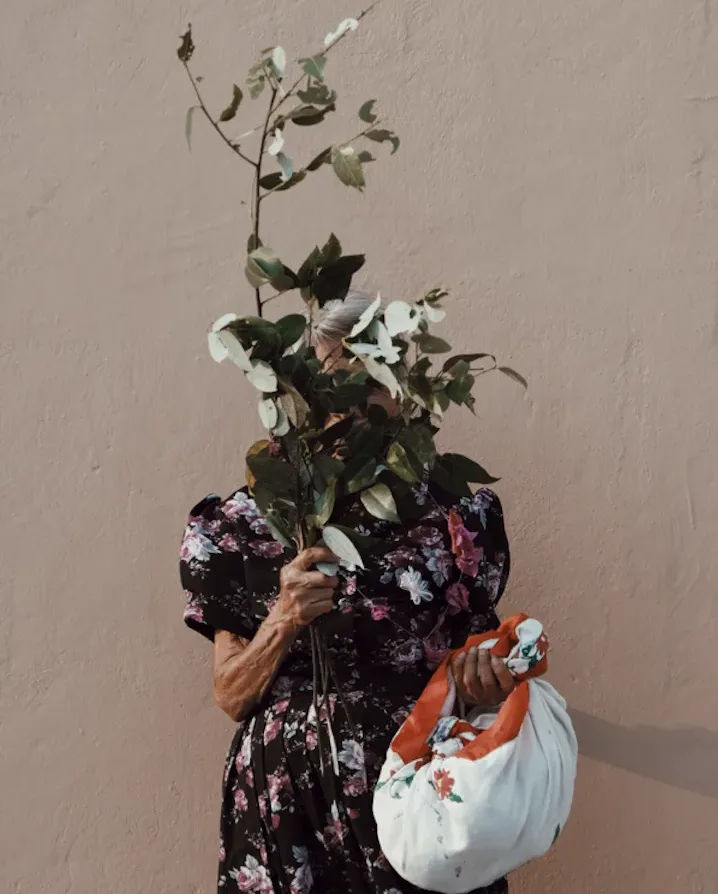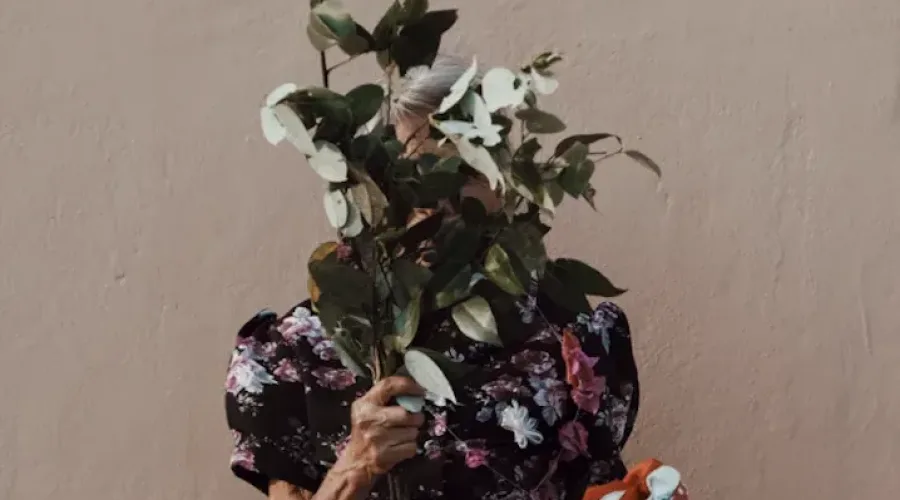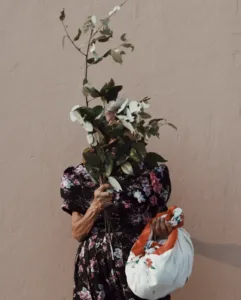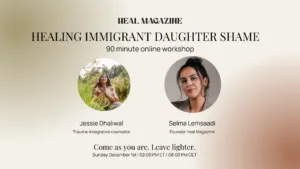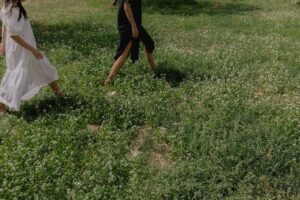Life has a way of knocking us on our feet when we least expect it, but before it happens to you, the process of getting back up can seem unfathomable. I mean how can we cope with the death of a parent, a life-changing injury, a debilitating mental illness, fill in the blank. How can we possibly overcome such trauma?
In my experience, I’ve found that human beings often get hung up on the how. At the age of 27, I was widowed with two small boys to raise. People always ask me, “How did you do it?” My answer is always the same: You’re asking the wrong question.
Before I became widowed, I believed in the power of positive thinking. I was good at dealing with setbacks, changes, and losses because I had discovered the secret: newness. A new romance could easily distract from heartbreak, and new goals could blot out unfulfilled ones. Thinking I’d conquered negativity with cleverness, I glided through life for quite some time with a positive outlook that many people came to expect from me. Death taught me how naive I’d really been.
When my husband died, I felt like I had died with him. The woman left behind no longer believed in anything. I sat for days without speaking and went countless nights without sleeping. I couldn’t muster the motivation to even want to have a “positive attitude,” and I certainly couldn’t fix death or alleviate my trauma with newness. As far as I was concerned, life had kicked my butt and won. Every time I thought about what I’d lost, I grieved it anew. Just when I thought I had made it to my mountain top of happiness, I’d been knocked down to rock bottom. Yet in this space, I grabbed onto the tiny word that changed my perspective, and life.
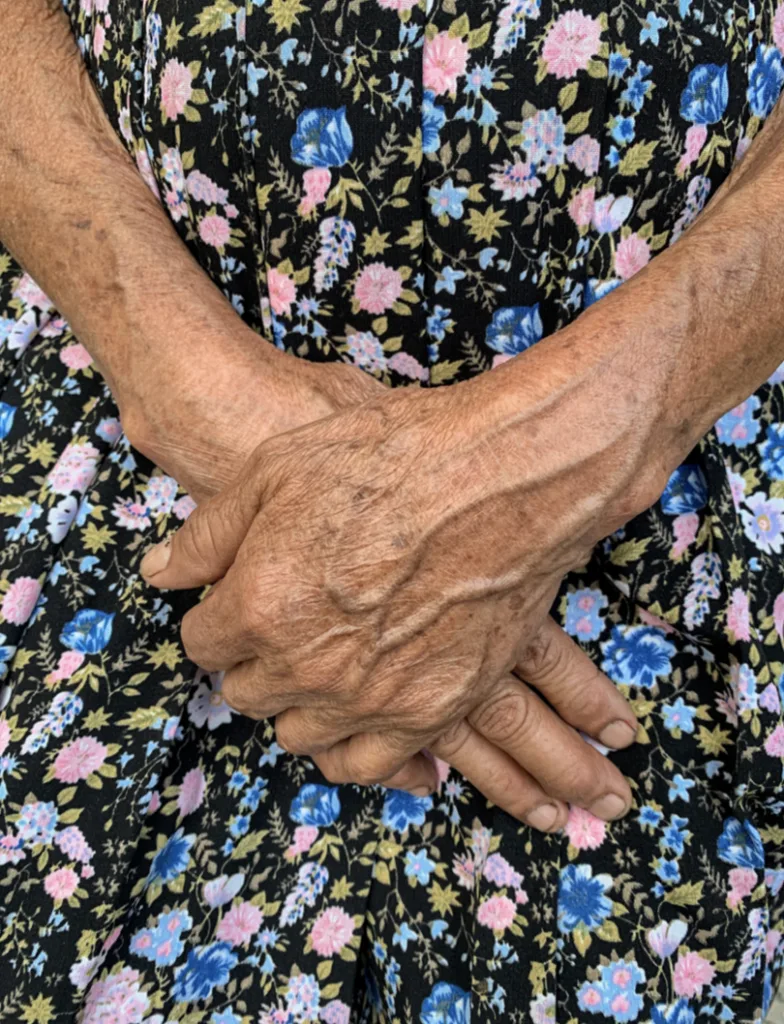
In my fourth year of widowhood, I decided to see a therapist who told me, “Decide what you want next, and which things will get you there.” I had been so busy trying to find the secret to healing and how to survive that I’d never thought about which aspects of my trauma could be used to help me begin to heal and thrive. From that moment on, instead of asking myself how to get through this, I started thinking about which things about my trauma or what was lost I could learn from or work with to move towards healing.
I began to isolate each piece of my trauma and look for ones that could help me. For instance, perhaps I was given an amazing husband at a young age to teach me what to look for in a partner later. Maybe I was given the ministry of solo parenting because I had leaned so hard on the idea of “parenting as a team,” and as a result, I didn’t really have a one-on- one relationship with my children. Maybe in being forced to develop those relationships, I became the mom they needed. Maybe my anxiety attacks were showing me how powerful the mind can be and how I could use that to my advantage instead of falling victim to it.
In all my pain and brokenness, I discovered that healing wasn’t about being done with my trauma — it was about finding purpose in it. That meant I needed to stop looking for why it happened to me or how I would move forward. Instead, I decided which parts of my experience happened for me and found peace in those revelations. I took solace in reframing the question from “How did I do it?” to “Which parts of my pain helped me heal?”
This article was published in issue 3 of Heal Magazine


